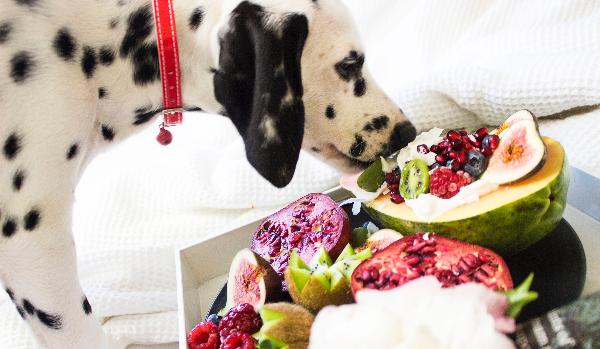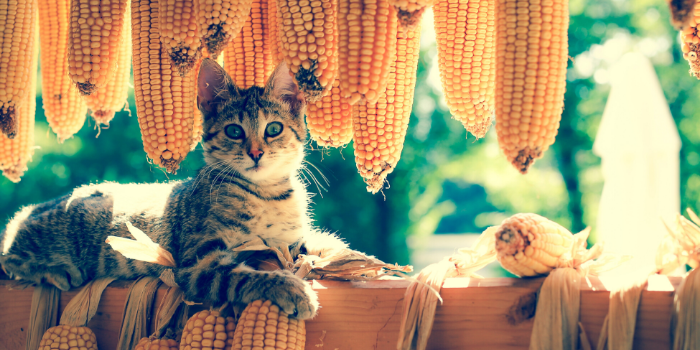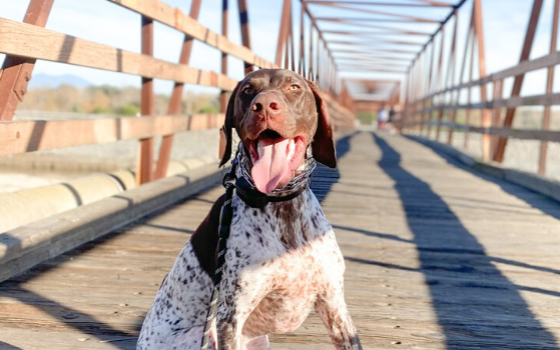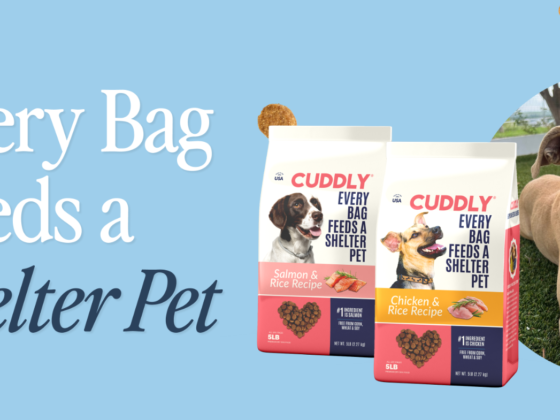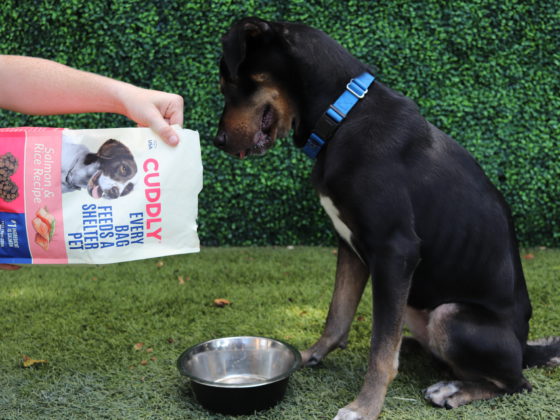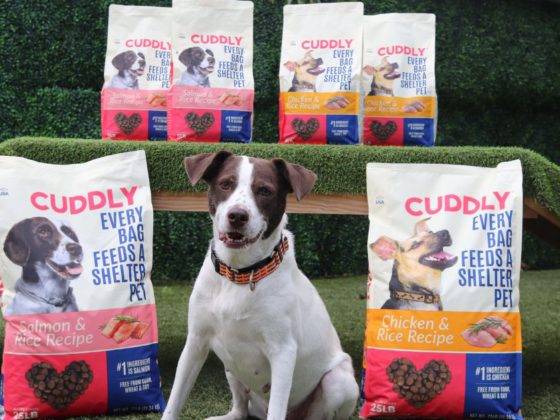With the world experiencing a rapid change in the pet-food market, it can be hard to weave out what’s truly best for your pet.
The stigmas, reviews, and recommendations can almost seem like too much at times – especially when they’re opposing one another. Even in the veterinary field, not every doctor agrees with the beliefs of other doctors.
However, having worked in the veterinary field and studied under wonderfully brilliant doctors, each with over 30 years of experience, I’ve been able to learn of some consistencies that certified professionals believe in when it comes to pet food.
1. Grain-Free
“Grain-free food is the best kind of food you can give your pet.”
The FDA released a statement in July 2019, linking the development of canine dilated cardiomyopathy (DCM) to the ingestion of foods labeled as “grain-free”.
The study showed a number of animals, who previously showed no cardiovascular anomalies, develop heart conditions after being exposure to grain-free diets.
Some studies are claiming that the lack of taurine in grain-free diets are resulting in such problems, however the study is still fairly new and the long-term effects of grain-free diets are still uncertain.
Still, that doesn’t mean we should ignore them.
Many pet owners place their animals on grain-free diets with the assumption that it’s healthy for them. However, most veterinarians will tell you that grains are essential in healthy body function.
In fact, they are even considered a building block of the heart and aid in providing a pet’s body with the strength is needs to function properly.
But, but, but – my pet has an allergy is grains.
Only 3% of pets have an allergy to grain. Yep, that’s right. More than 90% of the time, food allergies are caused primarily by the protein in a pet’s food – meaning the chicken, duck, turkey, or beef. Not the grain.
Please note that if you do decide to switch your pet from a grain-free diet to a grain-filled diet, make sure to consult with your pet’s veterinarian beforehand to be advised on how to appropriately do it. Sudden food changes have been known to cause vomiting, diarrhea, and constipation in pets.
2. Wet food
“Wet food is bad for your cat and will cause them to gain excess weight.”
While every pet is different, most veterinarians will tell you that feeding your feline wet food will not cause him or her to gain weight. Rather, it’s their dry food and treats that cause this due to the amount of carbohydrates in such items.
In fact, wet food is considered among doctors as extremely beneficial to cats – especially males, as they are genetically prone to prostate issues.
Wet food helps lubricate and provide moisture to your cat’s internal system, which in turn, helps their urinary system function properly.
If you are unable to give your cat wet food, or unwilling, then I urge you to add water to your pets dry food to help add moisture to their diet.
3. Holistic
“It’s labeled ‘Holistic’, so it must be good!”
Hold on, right here. Simply because words are placed on a package, doesn’t necessarily make them true.
To label a product as organic, vegan, or gluten-free, certification and validation is required.
However, to label a product as holistic, you need no such validation. The same goes for products labeled as natural.
Not every ingredient in a food needs to be ‘natural’ for a label to claim them as such – only a few. It’s important to note that while some diets may indeed include natural or holistic ingredients, it doesn’t always encapsulate the entire formula.
Be weary of ingredient claims when it comes to dog food and ensure that such labels are being backed by science and data.
4. Raw food
“Wolves thrived and survived on a raw meat diet. If wolves could do it, so can my dog.”
I’ve heard the argument many times. But just because a wolf can do something, doesn’t mean your dog should.
Your dog is not a wolf. (For those whose dogs ARE wolfs, ignore this)
Your dog is a domesticated animal with a completely different set of nutritional needs than that of his ancestors.
That’s the thing about evolution.
– On a side note, know that wolves in the wild have a life expectancy of about 6 – 8 years. Whether or not this is due to nutritional deficiencies in their diet, we can’t be sure. But I doubt it’s a coincidence that most pets consuming a commercial diet have life expectancies of about 10-15 years.
This is not to say that all raw diets are bad though. When done responsibly, proportionally, and safely, they can be a great alternative to other forms of diets.
The most problematic aspect of raw diets is that that have been well documented for their nutritional inadequacies as well as the diseases created by such inadequacies. The cleanliness of raw diets is also questionable, with many containing microscopic parasites and traces of bacteria.
With that said, if you are to place your pet on a raw diet, I urge you to do your research. Ensure that you are providing the adequate amount of vitamins and nutrients in your pets diet to create a well-rounded, balanced formula.
5. Human food
“I consider my dog a little human – so why wouldn’t I feed her the same food that I eat?”
Off the top of my head, I can give you a few reasons why not.
First and foremost, humans and animals have totally different nutritional requirements. Yes, they have most of the same body parts. But that doesn’t mean that something that’s good for you is good for them.
Human food is typically designed to fit in the perimeter of the 2,000 calorie per day – a perimeter that is generalized to fit human bodies.
In fact, most of the time the amount of calories, sugar, and sodium – while they may be suitable for a human – are not appropriate for an animal at all.
Due to this, pets who regularly ingest human food gain weight faster, which results in the development of heart conditions, arthritis, and lethargy. Human food has also been known to create immune deficiencies in pets, making them more susceptible to illness.
So while you may treat your pet like a little human, I urge you to feed your pet like an animal.
Send a rescue pet the perfect food for them! Join the CUDDLY Club and every month rescues around the country will receive the specialized products they need for pets in their care.
Learn more about staying fit with your pet by reading Being Healthy With Your Dog.

